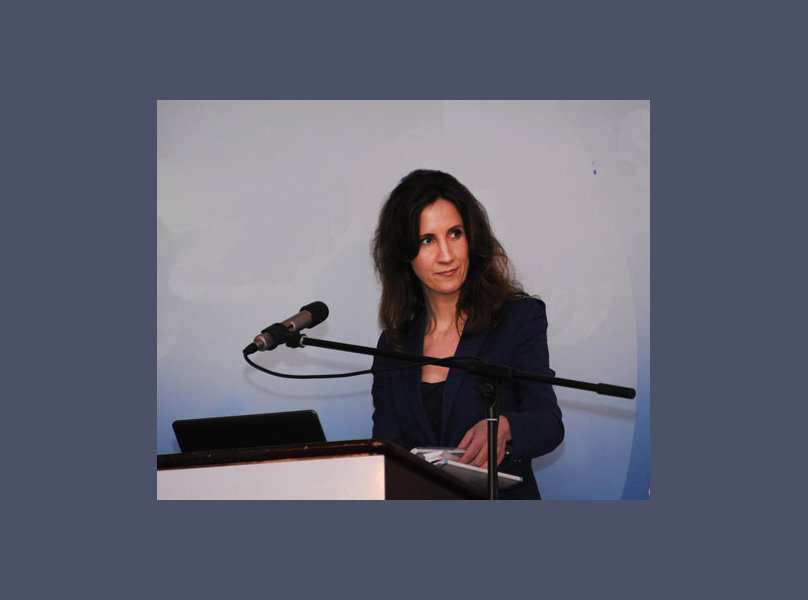Engineers Ireland calls for bigger STEM focus in primary schools
Primary schools should allow more time to be spent on science, technology, engineering and maths in the classroom, according to Engineers Ireland.
Caroline Spillane, Engineers Ireland’s Director General, speaking today as part of Engineers Week 2016, stated: “We need to boost in every way possible students’ ability in science, technology, engineering and maths, or STEM, so that we can create and fill engineering jobs, and meet the challenge of current and future skills needs. The place to start is the primary school where we can begin to develop children’s STEM aptitudes early.”
“With work under way on the development of a new primary school curriculum, there is more scope for STEM subjects, both in terms of curricular content and teaching methods, to be given the priority they deserve. This is about building our human capital resources early so that this country can become the world’s greatest innovator,” said Ms Spillane.
Engineers Ireland is awaiting the publication of the STEM (science, technology, engineering and maths) Education Review Group chaired by Professor Brian MacCraith President DCU. Engineers Ireland is also to make a submission to the National Council for Curriculum and Assessment on the primary school curriculum review and will meet with the next Minister for Education on the matter.
The Higher Education Authority (HEA) recently found that many third-level students studying maths-related courses like engineering and computer science were having difficulty completing their studies in these chosen courses.
“It is welcome that more students are choosing STEM-related college programmes since these skills will be needed to future-proof the economy and meet demand across an increasingly diverse engineering sector. But there is evidence that college-goers are not sufficiently conditioned to the curricular adjustment they need to make between the two levels of our education system,” said Ms Spillane.
Engineers Ireland has supported recent moves to tackle predictability in the Leaving Certificate exam, and to reduce the number of grading bands and undergraduate programme offerings in colleges.
Engineers Week 2016, themed ‘Engineering Our Future’ and now in its 10th year, runs until March 5. The Week is an annual campaign to inspire the next generation of engineers and excite students about the possibilities a career in engineering can offer. It involves over 500 events nationwide with 200 engineering organisations in the private and public sector, and nearly 40,000 participants including primary and post-primary students, parents, teachers and volunteer engineers. See engineersweek.ie http://engineersweek.ie for more.
[rev_slider AG]

